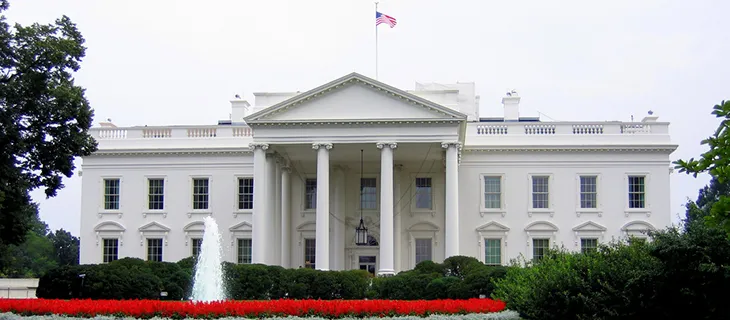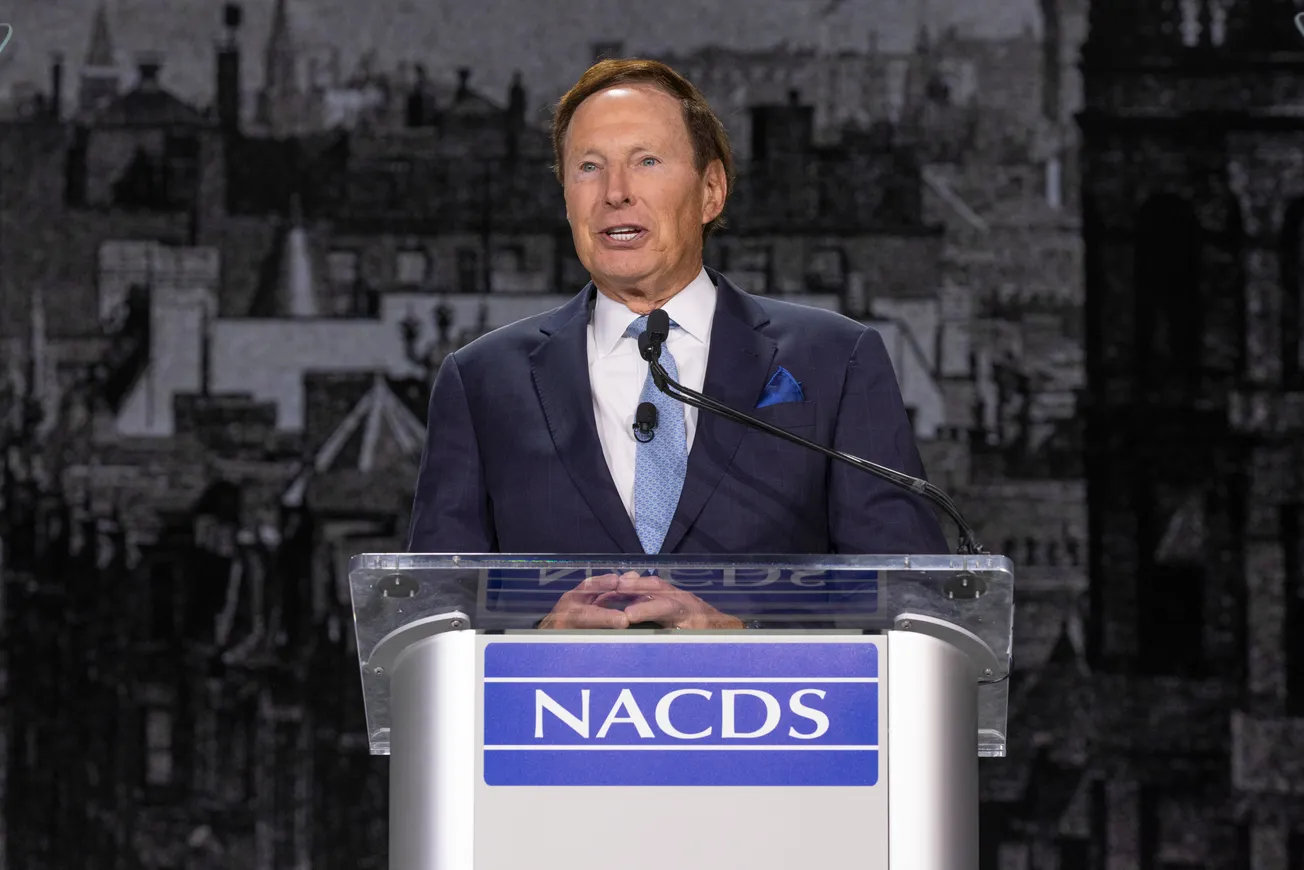WASHINGTON — President Biden urged Congress to focus on cost-saving ideas for pharmaceuticals in his State of the Union address Thursday night, including capping out-of-pocket prescription drug costs for all Americans and allowing the federal government to negotiate the prices of widely used medications.
The two proposals expand on actions taken in the 2022 Inflation Reduction Act, which allowed Medicare for the first time to negotiate the price of 20 expensive drugs used by older Americans with conditions like diabetes, arthritis and heart disease. The federal government is negotiating with pharmaceutical companies on the prices of the first 10 drugs, and manufacturers are expected to submit counter offers soon.
Biden cited the benefits of the nearly 2-year-old law for seniors, and said he wants to expand efforts to help Americans better afford life-saving medications.
“Americans pay more for prescription drugs than anywhere else,” Biden said. “It’s wrong and I’m ending it.” He invited lawmakers to join him on Air Force One to visit other countries where, he said, they could get their prescriptions filled for much less than they have to pay in the U.S.
Biden also wants to let people with private insurance benefit from the upcoming $2,000 out-of-pocket cap on Medicare-covered prescription drugs, and to force drugmakers who now have to pay a penalty when they raise prices on Medicare drugs faster than inflation to face those same penalties for such price hikes on the commercial market.
The importance the White House places on lowering drug costs was underscored by the presence of a patient activist in first lady Jill Biden’s box during the address. Steven Hadfield, a member of Patients for Affordable Drugs, is a diabetic and cancer patient from North Carolina who has already benefited from several of the provisions of the Inflation Reduction Act and is looking forward to the rollout of additional benefits in the next few years.
Senior administration officials said the president’s proposal would expand the number of drugs subject to negotiation to 50.
Both ideas from Mr. Biden will require substantial congressional action at a time when Congress struggles with passing an annual budget. Congress also remains narrowly divided, and while the president is expected to call for bipartisanship to expand these health care savings, the White House repeatedly notes that no Republican voted for the 2022 measure.
Biden said he will emphatically reject any cuts to Social Security or Medicare. The president also urged lawmakers to provide needed support for family caregivers.
“If anyone here tries to cut Social Security or Medicare or raise the retirement age I will stop them,” Biden said. “I will protect and strengthen Social Security and make the wealthy pay their fair share.”
“Tonight, President Joe Biden delivered his State of the Union address to Congress, during which he covered a variety of issues affecting Americans across the country, including economic issues,” said Leslie Sarasin, president and CEO of FMI – The Food Industry Association.
“The food industry shares the President’s concerns about the impact of inflation on Americans. Affordability is a core value for grocers and an essential component of our competitive industry. We chase pennies in this competitive market to stay in business. The food industry continues to face headwinds and economic hurdles, such as persistently high labor costs, ever increasing interchange fees for credit card payments, fees our pharmacies pay on every prescription to Pharmacy Benefit Managers, and an increasingly burdensome regulatory framework. If the President is truly committed to reducing food inflation, reeling in excessive credit card swipe fees through support for legislation like the bipartisan, bicameral Credit Card Competition Act should be at the top of his agenda. We take our responsibility of helping Americans feed their families seriously, and we are committed to helping consumers to find solutions with sales, recommended substitutions, and offering a variety of sizes and price points. We welcome and encourage a national discussion about inflation, prices and the many factors that influence the economy, but it must be a conversation that is informed by data and focused on solutions rather than politics,” she added.










